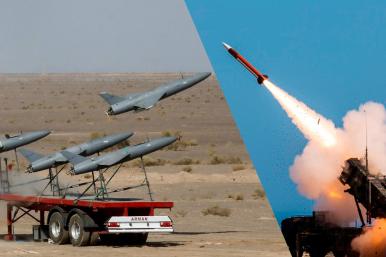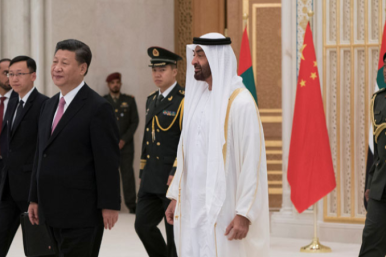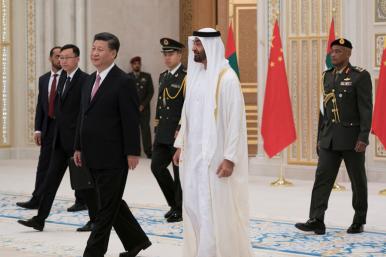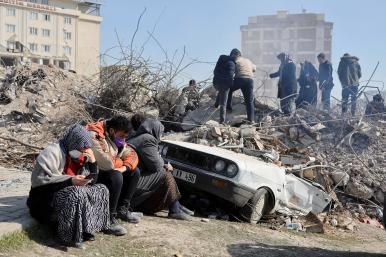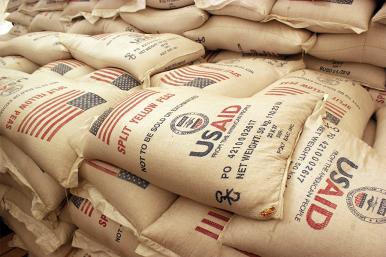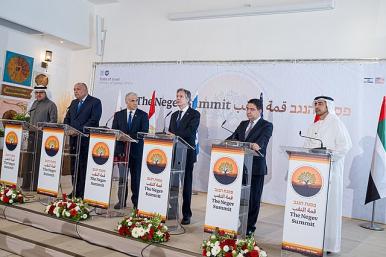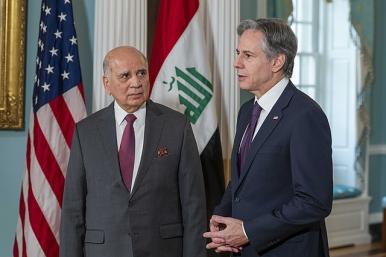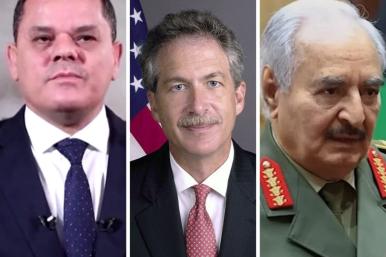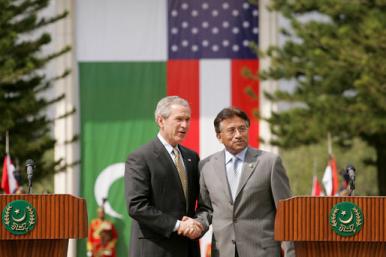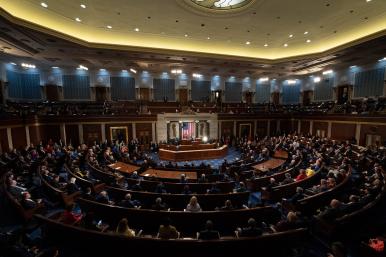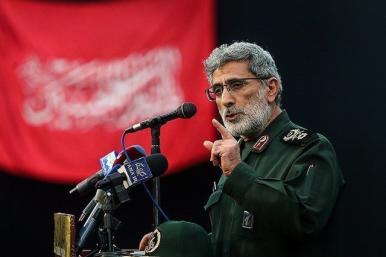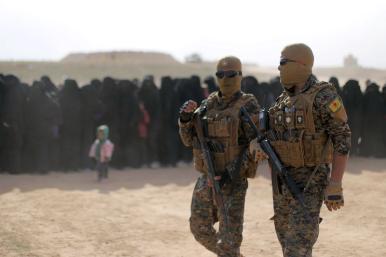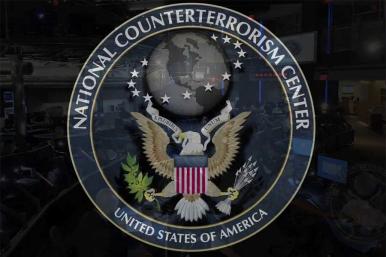Never miss a breaking event on U.S. policy interests in the Middle East. Customize your subscription to our expert analysis, op-eds, live events, and special reports.
U.S. Policy
Policy Analysis on U.S. Policy
Supported by the
Diane and Guilford Glazer Foundation Program on Great Power Competition and the Middle East
The Diane and Guilford Glazer Foundation Program on Great Power Competition and the Middle East focuses on the region as a setting for heightened competition between the United States and other world powers, such as China and Russia.


